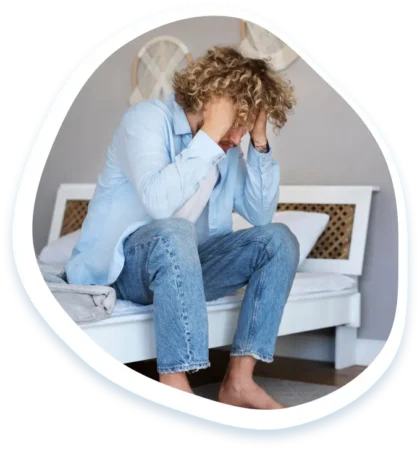
People who suffer from Obsessive Compulsive Disorder feel the need to check things repeatedly or have certain thoughts or perform routines and rituals over and over. Frequent hand washing, counting, cleaning are often performed in hopes of preventing thoughts or making them go away. People with OCD may also be preoccupied with order and symmetry, have difficulty throwing things out (so they accumulate), or hoard unneeded items. Completing these rituals provides only a temporary relief while not performing those rituals increases anxiety.
People who suffer from OCD often suffer from uncontrollable thoughts or ideas that they find disturbing. Uncomfortable feelings such as disgust, fear, or doubt are often common for those who suffer from OCD. Fear of contamination from toxins or illness is a common obsession as well as uncontrollable sexual urges or thoughts, fear of losing control, or moral doubt.
Obsessive Compulsive Disorder is often a relapsing illness and when not treated, obsessions can consume a person’s life.
There is growing evidence that OCD has a biological and environmental factors. Research suggests that OCD involves problems in communication between areas of the brain. Advantage Mental Health Center’s treatment for OCD can include a combination of therapy and medication, depending on the severity of each case.
Signs of Obsessive Compulsive Disorder include:
- Have repeated thoughts or images about many different things, such as fear of germs, dirt, or intruders; acts of violence; hurting loved ones; sexual acts; conflicts with religious beliefs; or being overly tidy
- Do the same rituals over and over such as washing hands, locking and unlocking doors, counting, keeping unneeded items, or repeating the same steps again and again
- Can’t control the unwanted thoughts and behaviors
- Don’t get pleasure when performing the behaviors or rituals, but get brief relief from the anxiety the thoughts cause
If you or someone you know suffers from any of these symptoms, get help today. Call 727-600-8093 to schedule an appointment.

